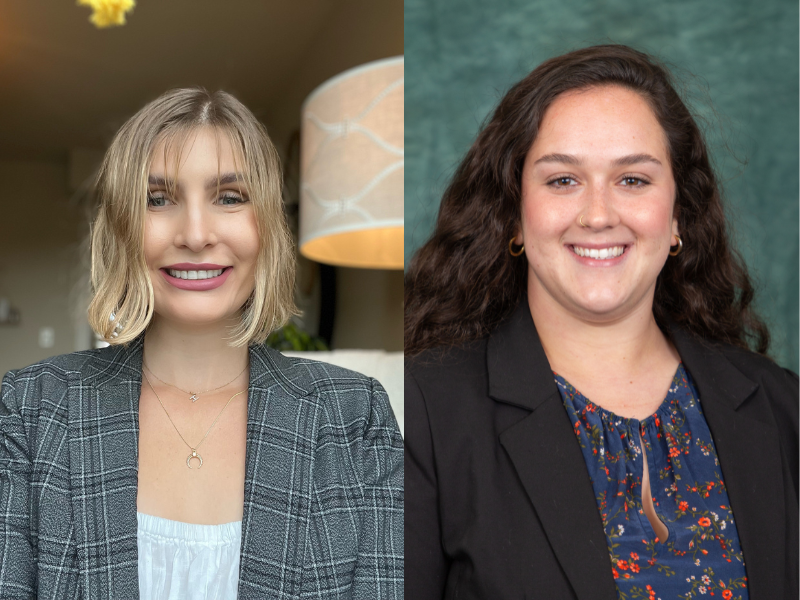Tulane Law students work as Rural Summer Legal Corps Fellows
Two Tulane Law students have embarked this summer as 2022 Rural Summer Legal Corps Fellows, selected from hundreds of applicants around the nation.
Hannah Davis (L'24) and Olivia Marks (L'23) are among 40 students nationwide chosen for the prestigious 2022 Rural Summer Legal Corps Fellowship. This year, 40 Student Fellows from 36 law schools were selected from 333 applications.
Davis is working with the Alaska Legal Services Corporation (ALSC), where she has provided general legal services to rural communities in Bethel, Alaska. Beyond direct client services, she has assisted ALSC staff in efforts to empower communities by increasing knowledge of the legal system and local resources.
At Tulane, Davis is studying environmental law and is part of the Environmental & Energy Law Society and the Tulane chapter of the Public Interest Law Foundation. In the fall, she will work with the Tulane Environmental Law Clinic as a student attorney.
Marks is hosted by Southeast Louisiana Legal Services Corporation (SLLS), where she has focused largely on ensuring that rural communities impacted by Hurricane Ida have access to justice and are not left behind in the recovery process. Marks has helped people find the legal services they require to recover after disasters and provide significant outreach.
Marks has a passion for family law and domestic violence-related matters and is the Senior Notes Editor for the Tulane Journal of Law and Sexuality. She will be a student-attorney with the Tulane Domestic Violence Clinic in the fall.
Each summer, Equal Justice Works partners with Legal Services Corporation (LSC) to support law students who want to give back to rural communities across the United and its territories.

